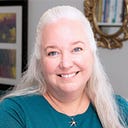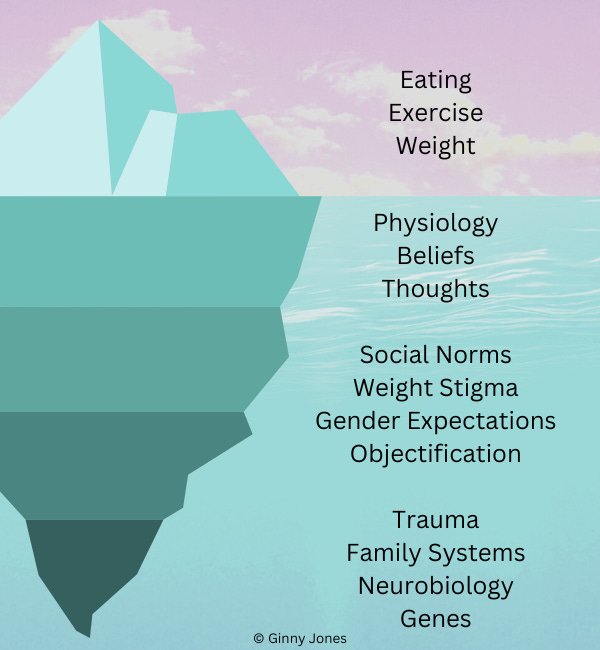Recovery inspiration and ideas
Hello! I’d be deeply honored and very grateful if you subscribe. Your subscription will mean I can continue doing this important work and feel supported as I put this content out into the world.
I had an eating disorder for most of my life, and I have absolutely no shame about that. My eating disorder was there for a reason. Claiming my freedom from it was a revolution.
My newsletter is for anyone who is on a recovery journey to reclaim their full self. Wherever you are now, and whatever your goals are, you’re welcome here. I write about:
How to reclaim your identity as a deeply feeling human and build the self-worth that is your right
How to navigate our messed-up society as you develop agency, boundaries, and self-acceptance
How to give yourself and your body the love and care you always deserved
How to be awkward and brave and make mistakes … because there’s no other way to do this
Practical ideas and worksheets to step into your power and meet your most authentic self
What’s not included: I’m not writing about the mechanics of eating disorders. You won’t see any detailed explanations of eating disorder behaviors. I’m not a dietitian, doctor, or therapist, and I’m not trying to replace any of those helpful professionals. I’m simply adding my voice and lived experience to raise awareness and support anyone who finds it useful.
Let’s talk about eating disorders
I went into recovery for my 30-year eating disorder in 2016. Ever since then, I’ve researched and written about them on my website, More-Love.org. I’ve met, interviewed, and spoken with hundreds of people who have eating disorders.
None of us fits the flat, one-dimensional archetype of people with eating disorders presented in the media. We’re vibrant, multifaceted people. We’re highly sensitive and creative. Our eating disorders are just one part of us—a way we cope with the body, mind, and society into which we’re born.
Too often, eating disorders are presented as tragic and too dangerous and triggering to talk about. They’re spoken about in hushed tones, as if they’re something to be ashamed of. We’re afraid to talk about our eating disorders because we assume we’ll be misunderstood—and we often are.
We need to talk about eating disorders because they’re neither shameful nor surprising. They’re not rare either. The number of people with eating disorders (~9% of the U.S. population) is far greater than the number of people with autism (2%) and ADHD (4%) combined.
If you don’t have an eating disorder yourself, you no doubt know people who do. Every teacher, doctor, therapist, dietitian, personal trainer, coach, physical therapist, hair stylist, masseuse, yoga instructor … every single helping professional works with people who have eating disorders. Lots of parents, partners, siblings, and family members love someone with an eating disorder. You’re all welcome here, too!
There’s not enough nuanced talk and too much undeserved shame and stigma around eating disorders. This incredibly common phenomenon is a natural side effect of living in our culture. Eating disorders are complex, and most of what’s going on happens below the surface.
In this newsletter, I share the multidimensional, deeply human side of having an eating disorder and the steps we can take to recover from this messed-up culture to reclaim our bodies, minds, and souls.
It’s time to get the love, dignity, and respect we deserve.
It would be a deep honor to have you sign up to receive my emails, support my work, and participate in our community of deeply-feeling people in recovery.



